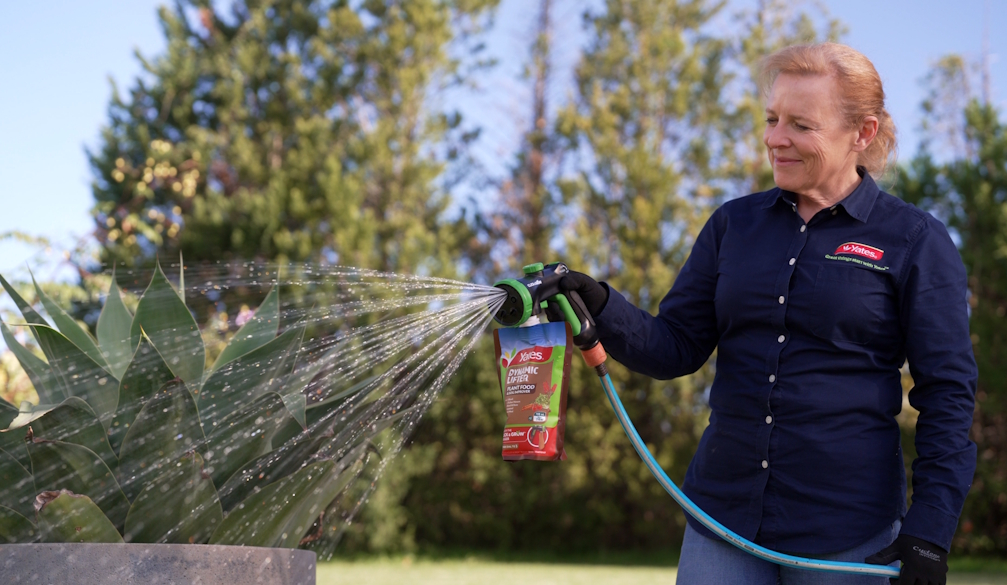NEGLECT YOUR RECREATIONAL GEAR IN WINTER AND RISK FINDING YOURSELF POWERLESS IN SPRING, EXPERTS WARN
Outdoor enthusiasts who put their recreational gear out of sight, out of mind during the winter months, can expect a powerless, disappointing start to spring, experts warn.
“It is essential to store your leisure batteries properly to ensure they remain in good condition and retain their capacity,” says Battery World National Product Manager, Sebastian Keane.
“The worst thing you can do is pack your watercraft like jet skis and marine gear, RVs or motorbikes and camping gear away in the garage and set and forget until the day you decide to use them again.”
The team at Australia’s leading battery retailer, which has more than 110 stores nationwide, see plenty of disappointed faces toward the end of winter when outdoor enthusiasts find the batteries on their leisure ‘toys’ won’t kick over when they want them to.
“Failing to store batteries properly can lead to reduced performance capacity and a shorter lifespan,” Keane adds. “The last thing you want is a powerless start to spring, and of course, the added expense of forking out for a new battery.”
It is estimated that more than 2.5 million Australians – one in 10 adults - own a leisure craft or have a license to operate one.
Further, there are more than 970,000 registered vessels in Australia, of which 10 per cent are personal watercraft (PWC), which is the fastest growing segment, according to the Boating Industry Association’s (BIA) most recent state of the industry data report.
Proper winter storage of our leisure and pleasure craft is essential to:
Capacity Preservation: Storing your battery correctly helps maintain its capacity. All batteries self-discharge at some rate, reducing their capacity. The cold temperatures during winter reduce it even more. Maintenance chargers are your best friend.
Longevity: Proper storage practices can extend the lifespan of your leisure battery, saving you money in the long run.
Safety: Storing your battery safely reduces the risk of accidents or damage caused by mishandling.
It’s best to store batteries upright to prevent leaks or spills.
According to Keane, it’s vital that recreational boaties, bikers or campers clean and inspect their batteries before packing them away.
“If you haven’t already, regular inspections are always good. Keep an eye out for any corrosion that may be occurring, which can be cleaned easily and effectively with simple bicarbonate soda and hot water.
“Ensure your battery is charged before you put your boat or bike into storage; having a battery sit in a discharged state is a surefire way to kill it pre-emptively.”
He recommends disconnecting your leisure battery from appliances or devices as ‘this prevents any residual drain on the battery and ensures it remains in optimal condition’.
Keane also suggests checking on your batteries intermittently between now and spring.
“Check charge levels, inspect for any damage, and for those that are maintainable, check electrolyte levels.
“If you have multiple leisure batteries, consider rotating them every few months to ensure each battery gets some use.”













